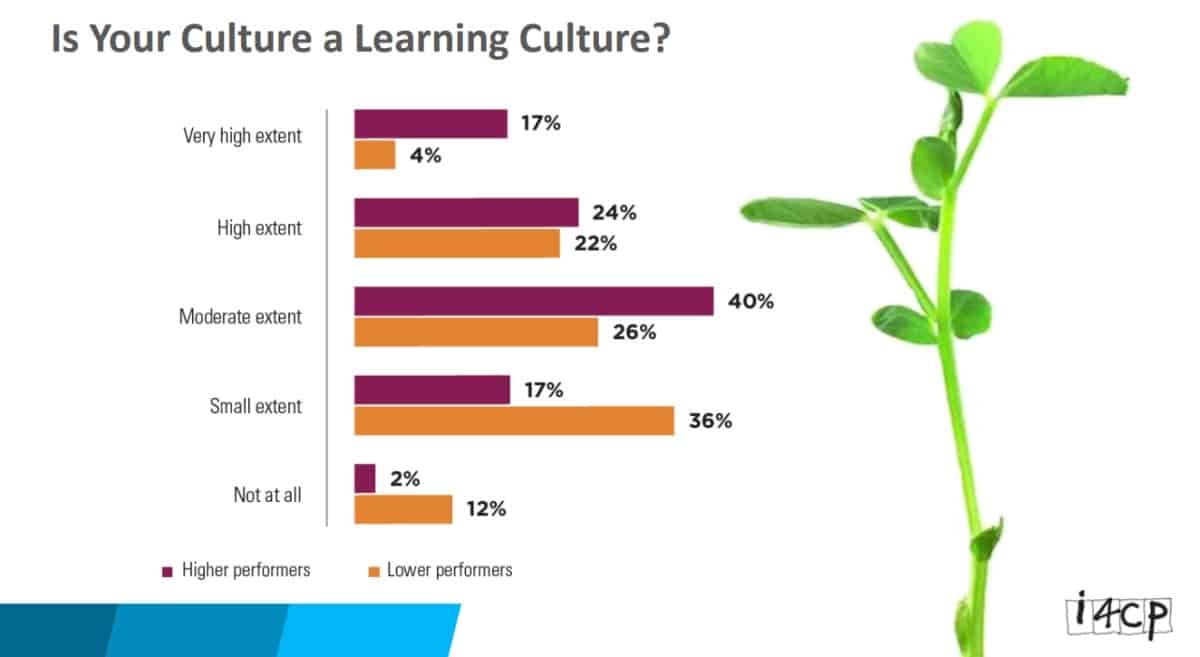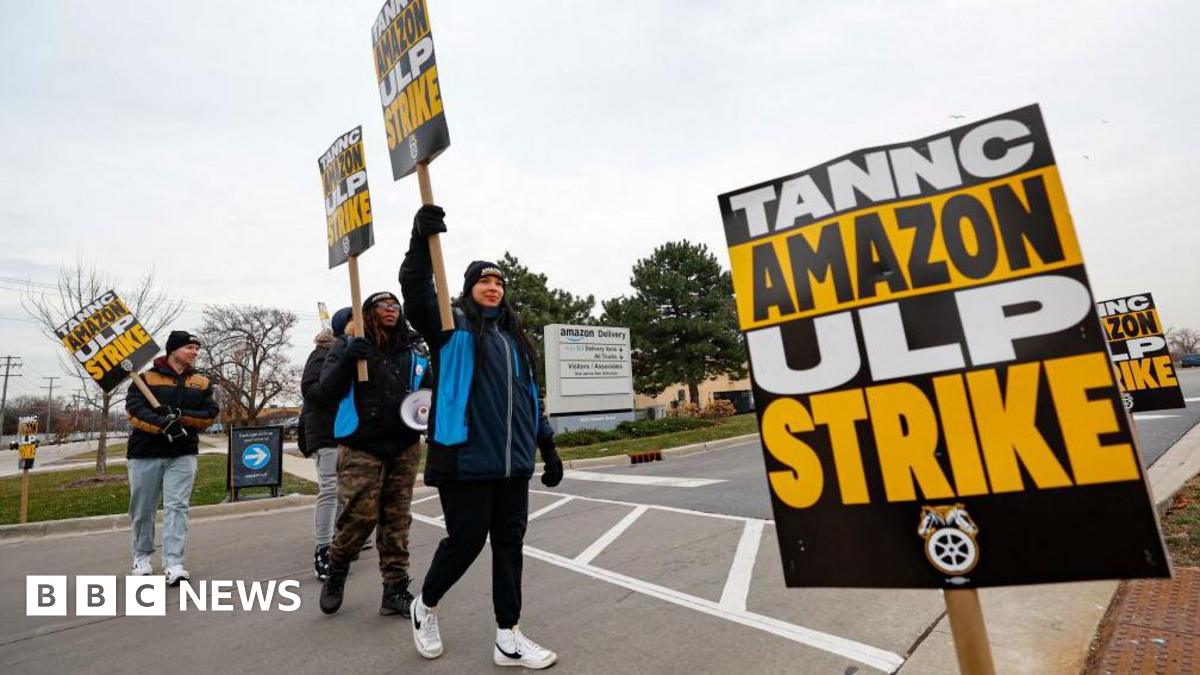Unlock the Editor’s Digest for free
Roula Khalaf, Editor of the FT, selects her favourite stories in this weekly newsletter.
Cattle prices have tumbled as the US government steps up measures to contain the spread of a bird flu outbreak among the country’s cow herd.
The US Department of Agriculture at the start of this week banned infected cattle from crossing state borders and said it would test ground beef for bird flu particles, as the UN’s World Health Organization expressed concern about the virus’s potential to spread outside of the US.
Highly pathogenic avian influenza, or HPAI, has been found in dairy herds across nine states, including Texas, where one dairy worker has also tested positive for the virus. Viral fragments have also been found in the country’s milk supply.
The USDA confirmed on Wednesday that the ground beef samples had tested negative for the virus, but traders have nevertheless reacted to the outbreak.
Live cattle futures traded on the Chicago Mercantile Exchange dropped more than 6 per cent on Wednesday from above $1.85 per pound to below $1.74 per pound.
The USDA said it was confident that both the country’s meat and dairy supplies were safe, but traders’ fears that the risk of contamination could knock demand had nonetheless driven down prices, according to analysts.
“Perception is reality when it comes to food in the consumers’ eyes obviously,” said Arlan Suderman, chief commodities economist at broker StoneX. “If they perceive a problem, whether there’s a problem or not, there’s a problem.”
He added that announcements around the outbreak have “had a big impact on the psychology of the futures market”.
Cattle futures had soared to record highs in recent months, as drought in the west and south of the US has forced ranchers to cut the national herd to its smallest since 1951, crunching supplies.
With prices rising, speculators piled into the futures market betting on further gains, said Suderman. But this week’s announcements from the USDA have caused many of those traders to ditch those long positions, he added.
“All of a sudden, you introduce this uncertainty and that creates fear and managed money says, ‘why should we continue to risk our money maintaining ownership of this asset, when we don’t know what the next headline is going to be’,” said Suderman.
Last week, Colombia banned the import of beef products from certain US states in response to the detection of the virus in dairy cows.
The South American country is only a small importer of US beef, said Suderman, but the market reacted when that news hit because traders were thinking, “even if it’s just a small customer, is this just the first shoe to drop, will there be more?”
Credit: Source link











